New Caledonia votes to stay in France
Mon 13 Dec 2021, 12:51:54
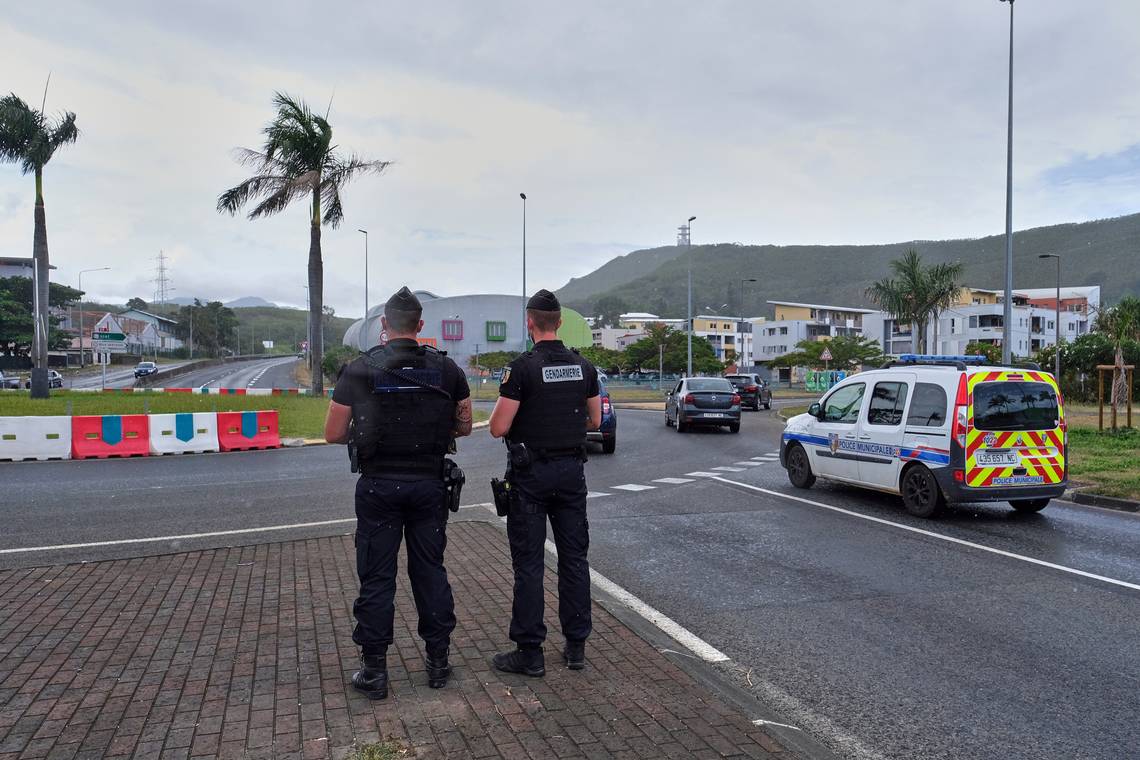
Noumea (France): Voters in the French island territory of New Caledonia chose overwhelmingly Sunday to stay part of France, in a referendum boycotted by pro-independence forces and closely watched around the South Pacific.
French President Emmanuel Macron hailed the result as a resounding confirmation of France's role in the Indo-Pacific, and announced negotiations on the territory's future status. Separatist activists expressed disappointment or resignation.
They had urged a delay in the vote because of the pandemic, and were angry over what they said were French government efforts to sway the campaign. So, they called on their supporters to stay away from voting stations.
And they did. Official results showed 96 per cent of those who took part chose to stay in France. Overall turnout was just 42 per cent — less than half the numbers who showed up in a previous independence referendum last year, where support for breaking away was 46.7 per cent.
“Tonight, we are French, and we will stay that way. It's no longer negotiable,” said Sonia Backes, president of the Southern Province region and a fervent loyalist.
The vote was monitored by the UN and regional powers, amid global efforts toward decolonisation and amid growing Chinese influence in the region. New Caledonia, colonised by Napoleon's nephew in the 19th century, is a vast archipelago of about 2,70,000 people east of Australia that is 10 time zones ahead of Paris — and hosts a French military base.
“Tonight, France is more beautiful because New Caledonia decided to stay,” Macron said in a national televised address.
He did not address the boycott. Noting that the electorate “remains deeply divided,” Macron pledged “respect for all Caledonians," including those who voted to break
away.
away.
Sunday's vote was the third and last in a decades-long decolonisation process that stemmed from violence in 1988, which led to the French government handing New Caledonia broad autonomy under the Noumea Agreement. The process was aimed at settling tensions between native Kanaks seeking independence and those who want the territory to remain part of
France. The process does not end with the last referendum. The state, separatists and non-separatists now have 18 months to negotiate a new status for the territory and its institutions within France.
“We are reaching a new stage,” Macron said, calling for negotiations on new structures to handle health crises, boost the economy, improve women's rights and protect the environment from climate change — a major
concern in this island territory. A tropical storm warning also dampened enthusiasm for the vote. Lines snaked out of some polling stations, as winds whipped palm trees lining the streets of the regional capital Noumea. But turnout at others was barely a trickle.
The question put to people in the archipelago's 307 voting stations was: “Do you want New Caledonia to gain full sovereignty and become independent?” Masks and social distancing measures were required.
The campaign and voting day were unusually calm because of the boycott call.
In the first such referendum in 2018, 43.6 per cent of voters supported independence, and 46.7 per cent favoured it in a second vote held in 2020.
While support for a “yes” vote seemed to be growing, the region's first coronavirus outbreak in September threw the political debate into disarray. Until then, New Caledonia had been one of the few virus-free places left on the planet.
No Comments For This Post, Be first to write a Comment.
Most viewed from International
Most viewed from World
AIMIM News
Latest Urdu News
Most Viewed
May 26, 2020
Is it right to exclude Bangladesh from the T20 World Cup?
Latest Videos View All
Like Us
Home
About Us
Advertise With Us
All Polls
Epaper Archives
Privacy Policy
Contact Us
Download Etemaad App
© 2026 Etemaad Daily News, All Rights Reserved.

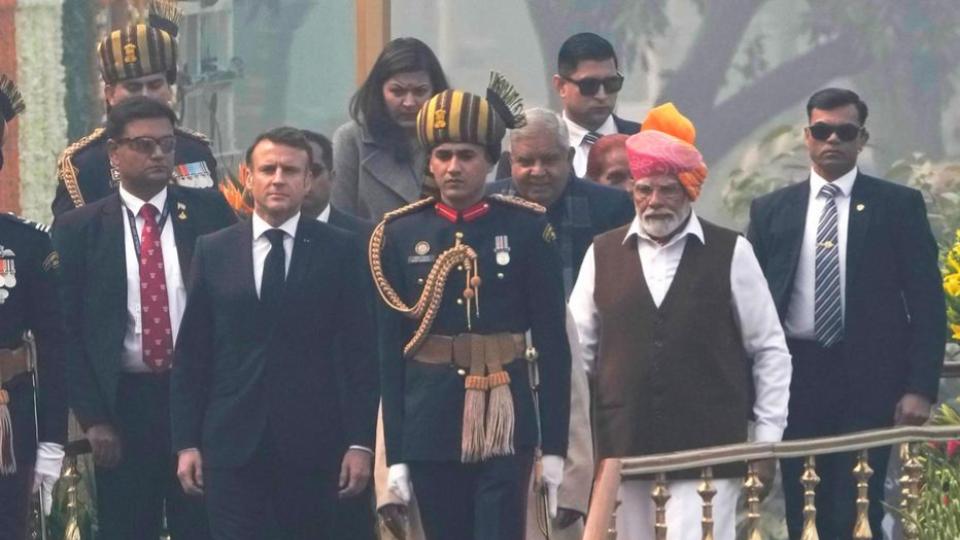


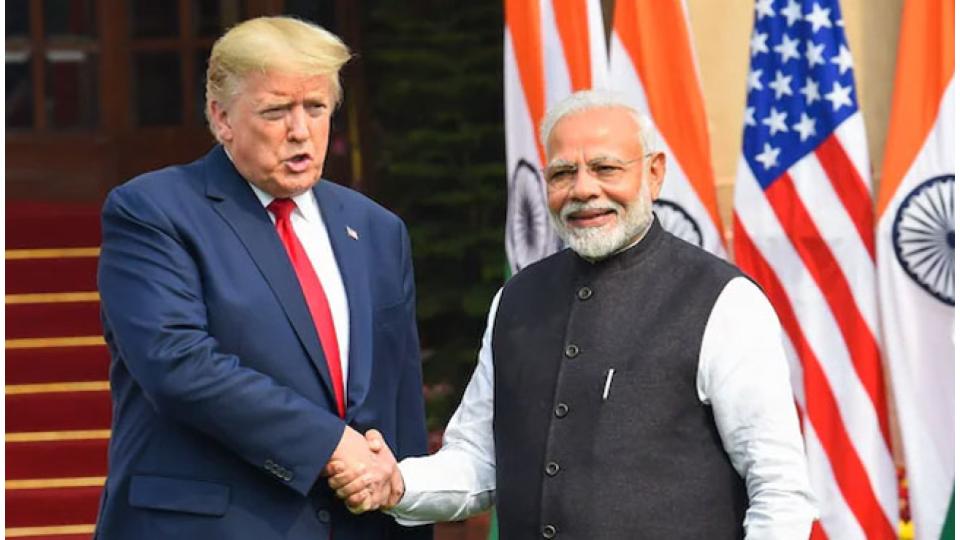
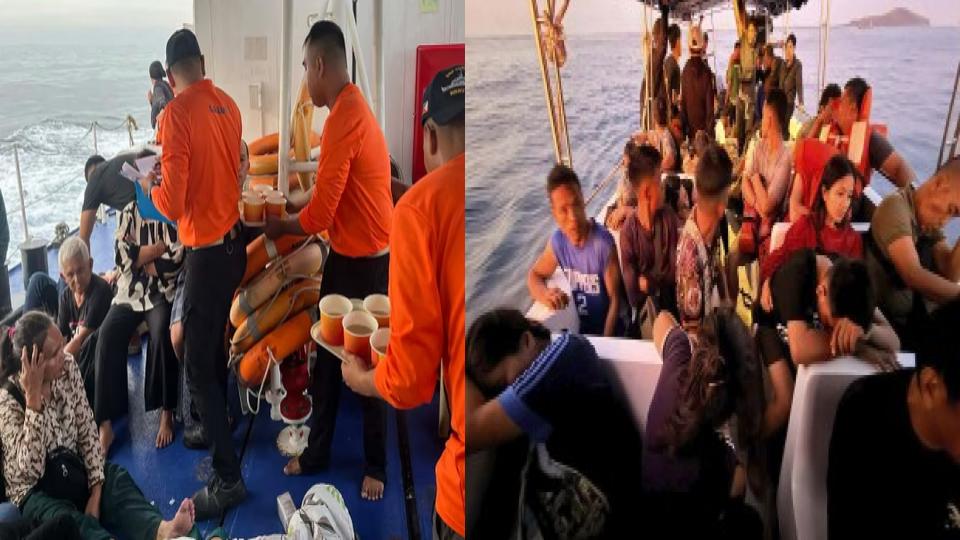
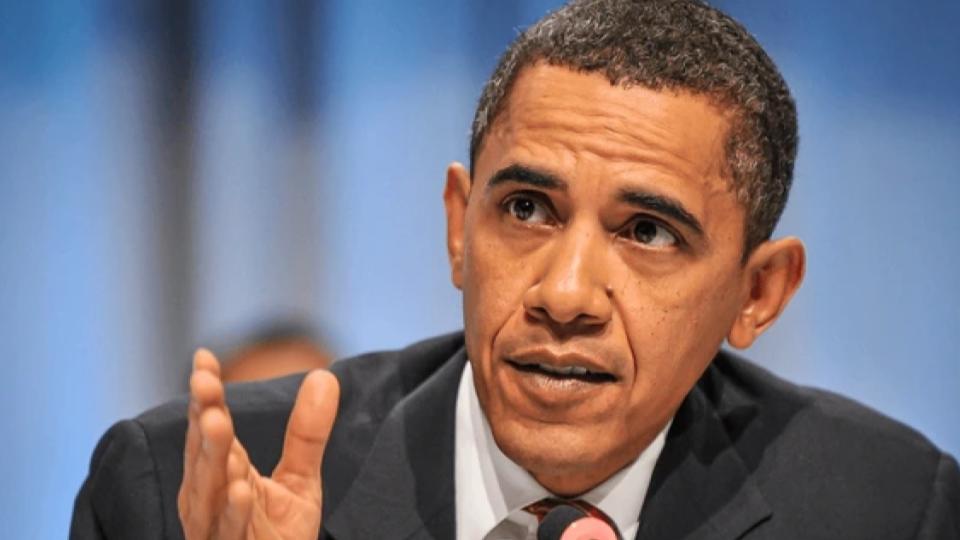
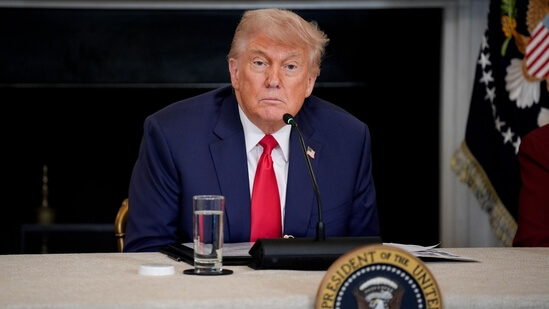
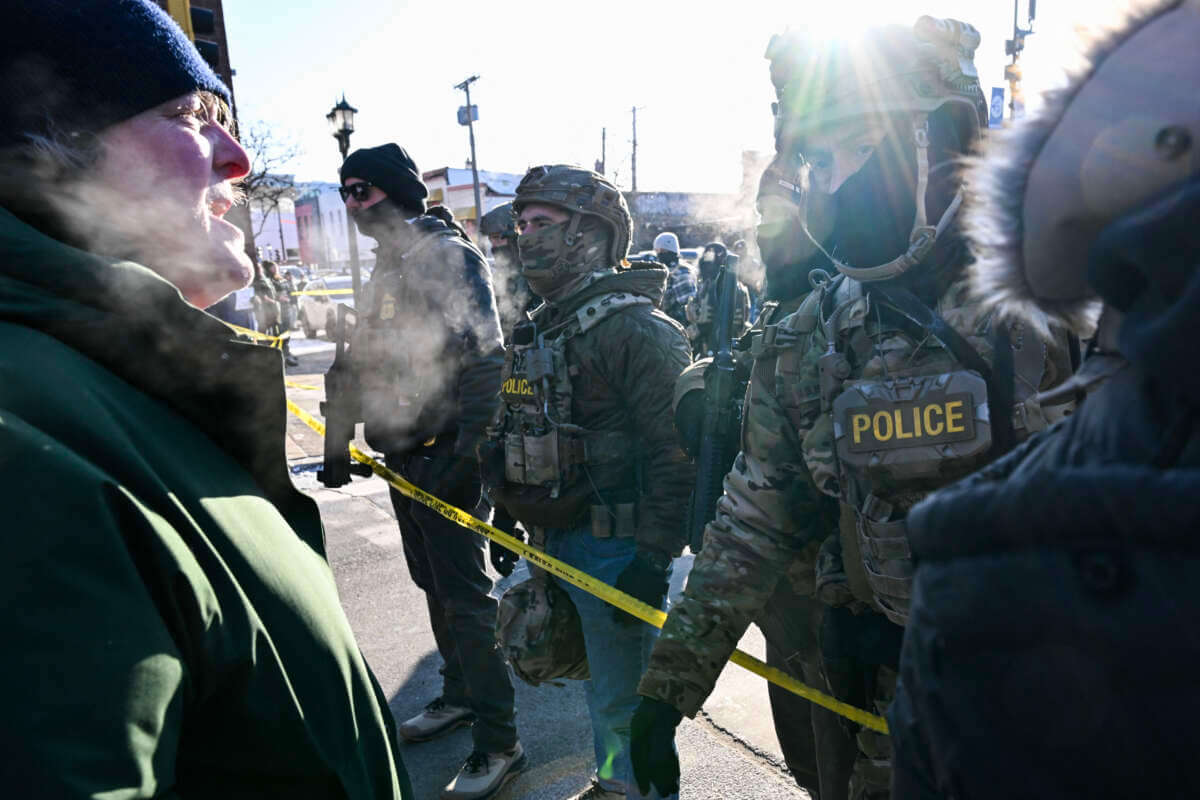
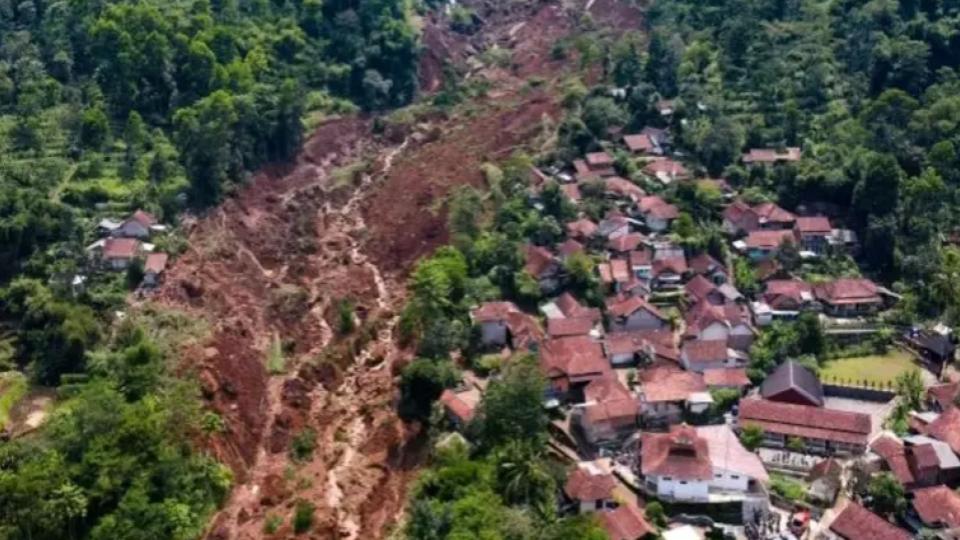
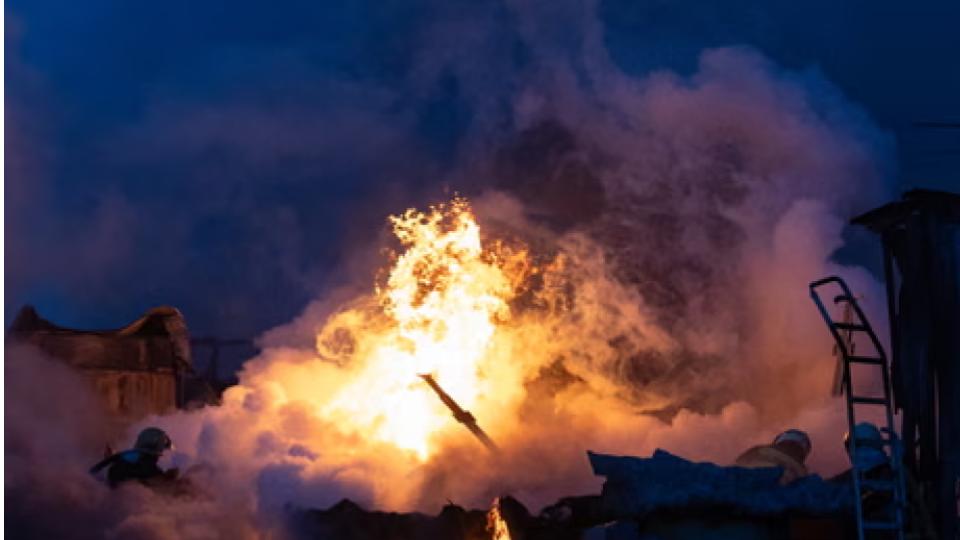

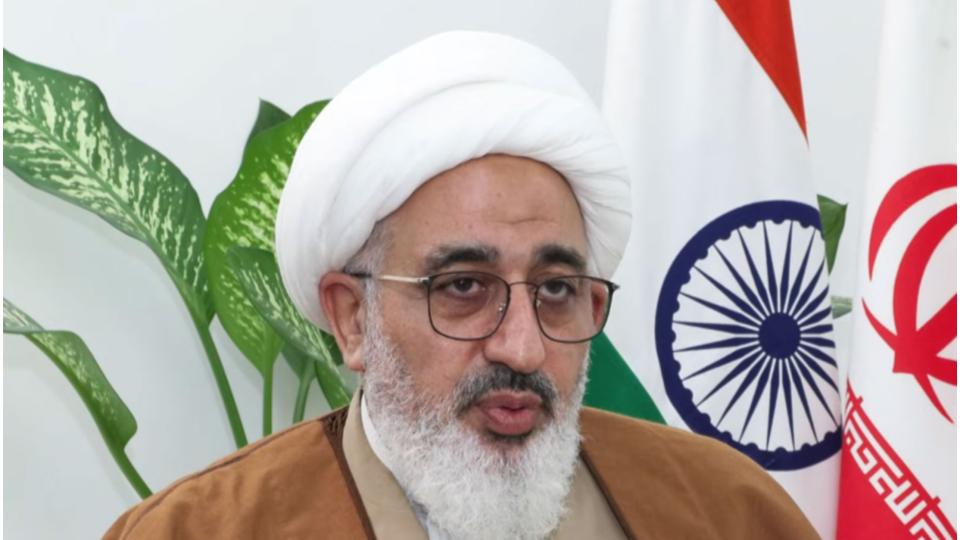



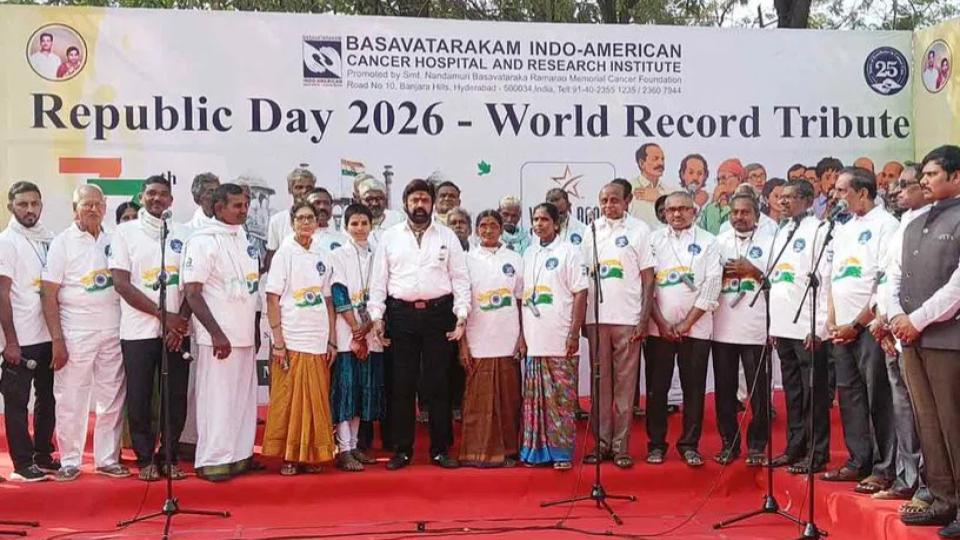


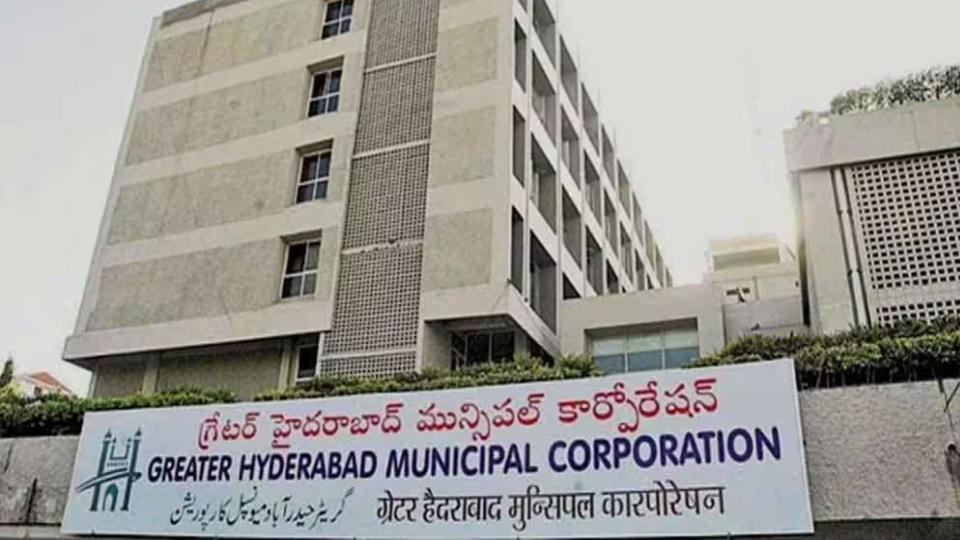
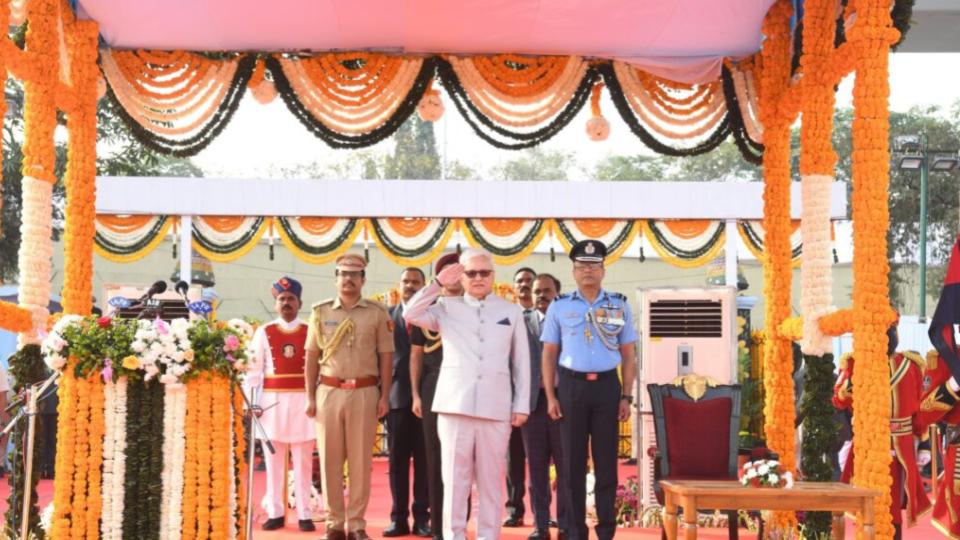

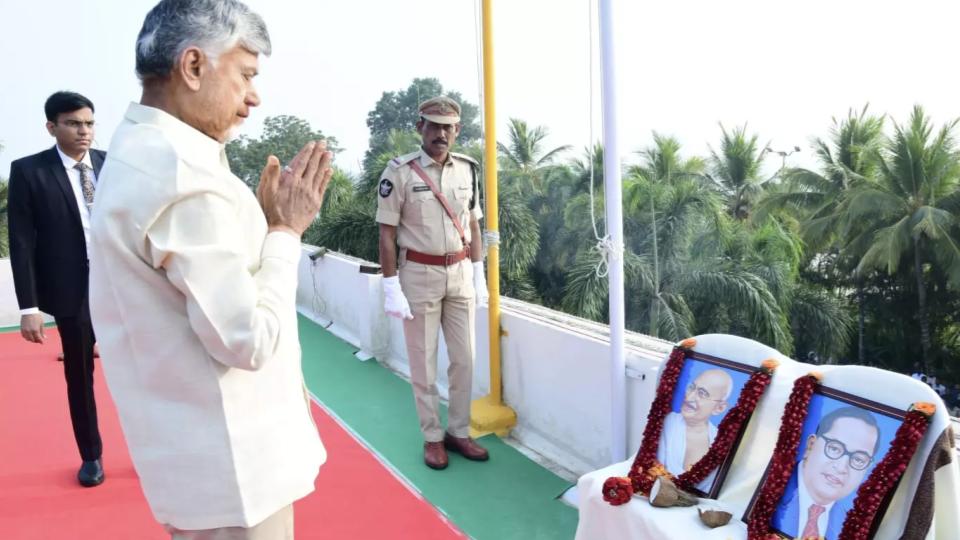
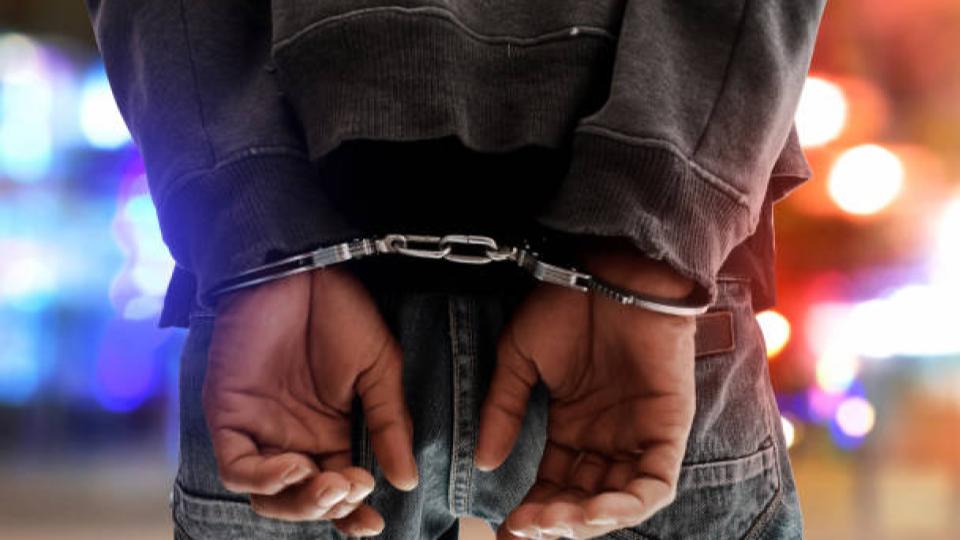













.jpg)
.jpg)
.jpg)


